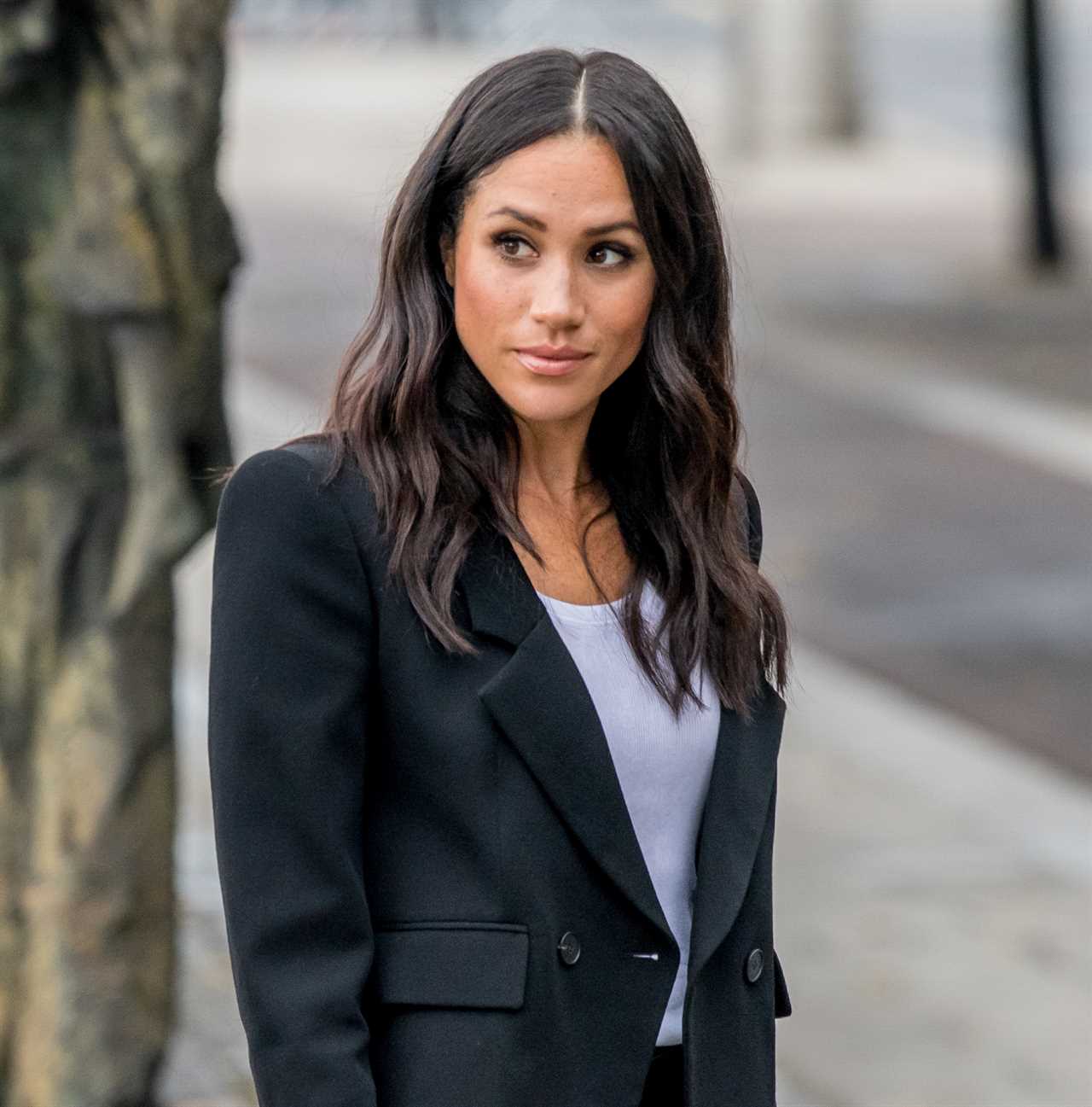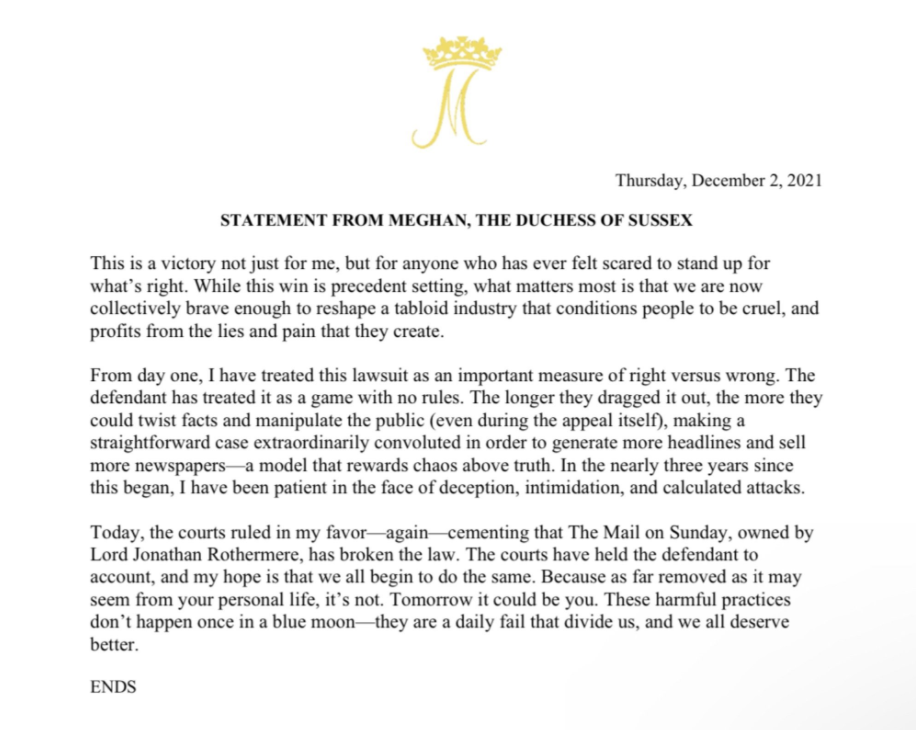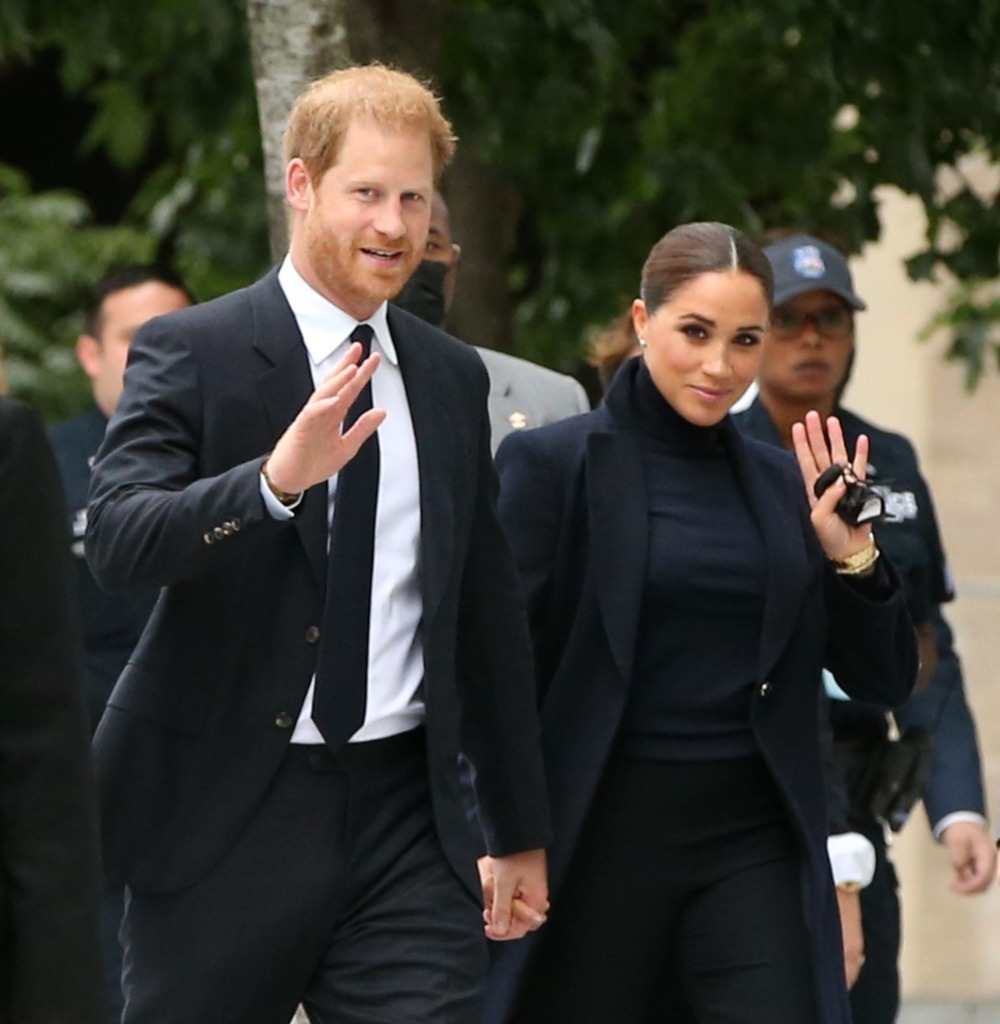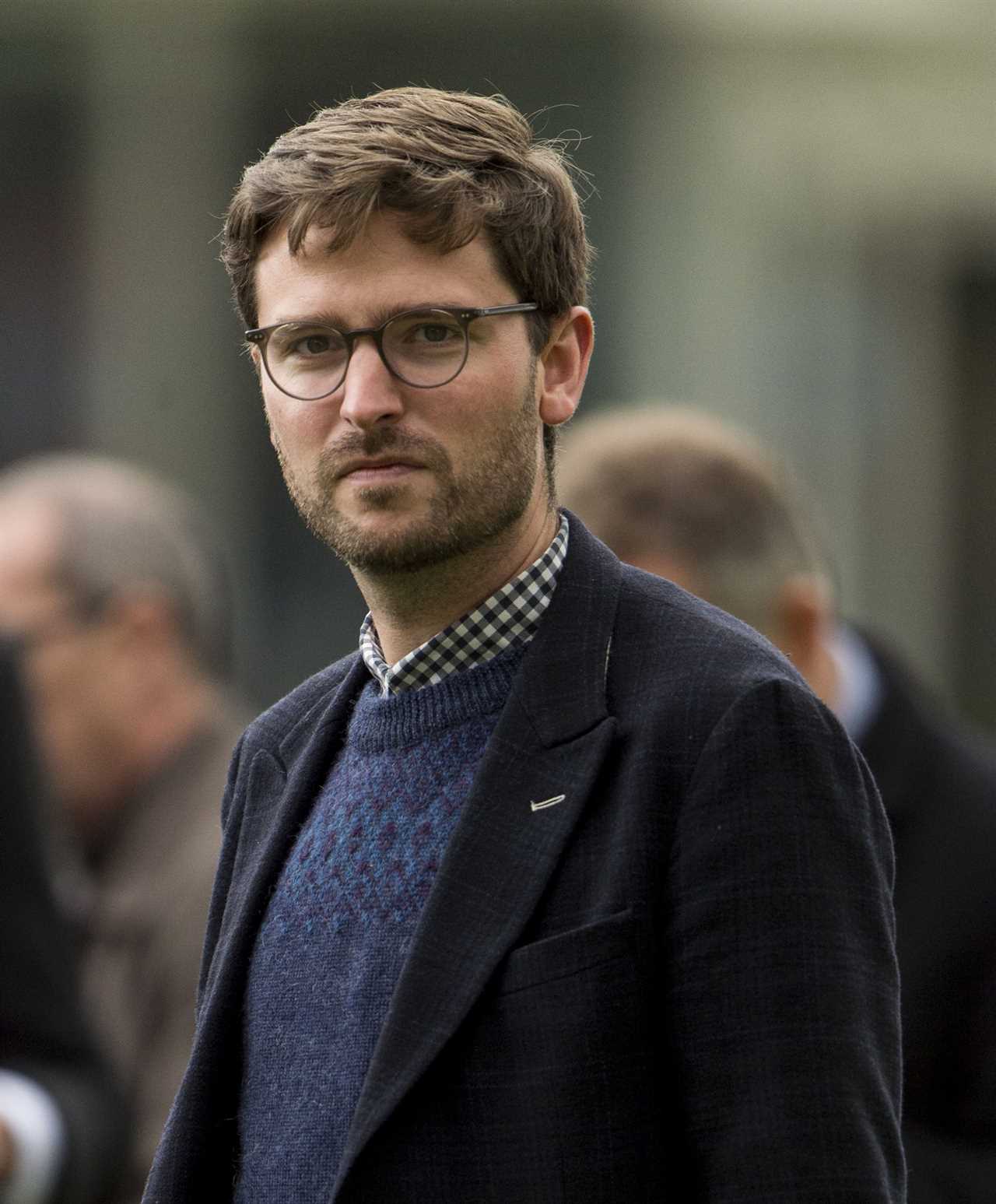MEGHAN Markle will feel “vindicated” after her legal win – but she still won’t be able to win over the public, a royal expert blasted today.
The Duchess of Sussex, 40, won her legal case against the Mail On Sunday this morning despite “forgetting” to tell judges parts of her evidence.

She had sued the newspaper after it published parts of a “personal and private” letter sent from her to dad Thomas Markle in 2018.
The duchess won her case earlier this year when a High Court judge ruled in her favour without a full trial.
But publishers Associated Newspapers Limited (ANL) brought an appeal against that decision and at a three-day hearing in November, argued the case should go to a trial on Meghan’s claims against the publisher – including breach of privacy and copyright.
The appeal was dismissed by Court of Appeal judges today, but despite winning over the courts, royal biographer Phil Dampier believes Meghan is yet to win over the public.
“Meghan will feel vindicated and joyful that she has won this battle but I’m not sure she is going to win the war,” Mr Dampier told The Celeb Report Online.
“There’s no doubt in my mind that popularity of Harry and Meghan has plummeted in the UK and even though she may regard this as a victory over the press, which they want to control, in the course of public opinion I think they are definitely losing and I don’t think this decision will change the public’s attitude towards them.”
The author of Royally Suited: Meghan and Harry in their own words, added: “They have proved to not completely tell the truth in the past in the Oprah Winfrey interview and also during the proceedings of this court case and I think people will still remember that despite this victory for her in the courts.”
Meghan’s barristers argued the letter was “deeply personal” and “self-evidently was intended to be kept private”.
In her written evidence, Meghan denied she thought it likely her dad would leak the letter, but “merely recognised that this was a possibility”.
But Jason Knauf, former communications secretary to the Duke and Duchess of Sussex, claimed in a witness statement that Meghan wrote the letter with the understanding that it could be leaked.
He said she sent him an early draft of the letter and had written: “Obviously everything I have drafted is with the understanding that it could be leaked so I have been meticulous in my word choice, but please do let me know if anything stands out for you as a liability.”
The Court of Appeal also heard Mr Knauf provided information to the authors of the biography Finding Freedom – Omid Scobie and Carolyn Durand – leading to Meghan apologising for misleading the court about whether he had given information.
‘VERY BAD DAY’
Royal Biographer Angela Levin today said she was “surprised” the courts hadn’t taken the forgotten evidence “as something very important” adding the ruling was a “very, very bad day for people who believe in a free press”.
Her comments came after Meghan accused ANL of treating the court case as a “game with no rules”.
The duchess said in a statement after the ruling was made public: “The longer they dragged it out, the more they could twist facts and manipulate the public (even during the appeal itself), making a straightforward case extraordinarily convoluted in order to generate more headlines and sell more newspapers – a model that rewards chaos above truth.”
She added: “In the nearly three years since this began, I have been patient in the face of deception, intimidation and calculated attacks.”
Ms Levin said: “She’s attacked the mail On Sunday for wanting to sell more newspapers.
“But she’s taken it and twisted it to suit her own beliefs and her grandiosity.
“This was somebody who was not a very well known actress who married a prince and it’s all gone to her head – she feels she wants to control everything really.”
Sir Geoffrey Vos said the new evidence from Mr Knauf was “more directed to the drafting of the letter and to what Meghan knew about the contacts between the Kensington Palace communications team and the authors of the book than any of the central issues in the appeal”.
Regarding the duchess’ apology, the judge added: “This was, at best, an unfortunate lapse of memory on her part, but it does not seem to me to bear on the issues raised in the grounds of appeal, and it has been given no prominence in ANL’s oral argument.”
The judge concluded: “As the articles themselves demonstrate, and as the judge found, the primary purpose of the articles was not to publish Mr Markle’s responses to the inaccurate allegations against him in the People article.
“The true purpose of the publication was, as the first four lines of the articles said – to reveal for the first time (to the world) the ‘full content of a sensational letter written by (the Duchess) to her estranged father shortly after her wedding’.
“The contents of the letter were private when it was written and when it was published, even if the claimant, it now appears, realised that her father might leak its contents to the media.”
Associated Newspapers Limited this afternoon said it was “disappointed” by the decision.
It also said it was considering an appeal to the UK Supreme Court.
A statement from the publishers read: “We are very disappointed by the decision of the Court of Appeal.
“It is our strong view that judgment should be given only on the basis of evidence tested at trial, and not on a summary basis in a heavily contested case, before even disclosure of documents.
“No evidence has been tested in cross-examination, as it should be, especially when Mr Knauf’s evidence raises issues as to the duchess’s credibility.”
The statement insisted the letter had raised issues of public interest, adding it was important to show the letter was “no such thing” after “People magazine published an attack on Mr Markle, based on false briefings from the duchess’s friends wrongly describing the letter as a loving letter”.
It finished: “We are considering an appeal to the Supreme Court in the United Kingdom.”
The case was discussed in the House of Commons on Thursday, after SNP MP Martin Docherty-Hughes asked Jacob Rees-Mogg, Leader of the House, if he would congratulate the duchess.
Mr Rees-Mogg replied: “It is concerning that the rich and powerful can use the court to protect their private life when others can’t.
“I would be deeply concerned about anything that undermines freedom of speech.”











